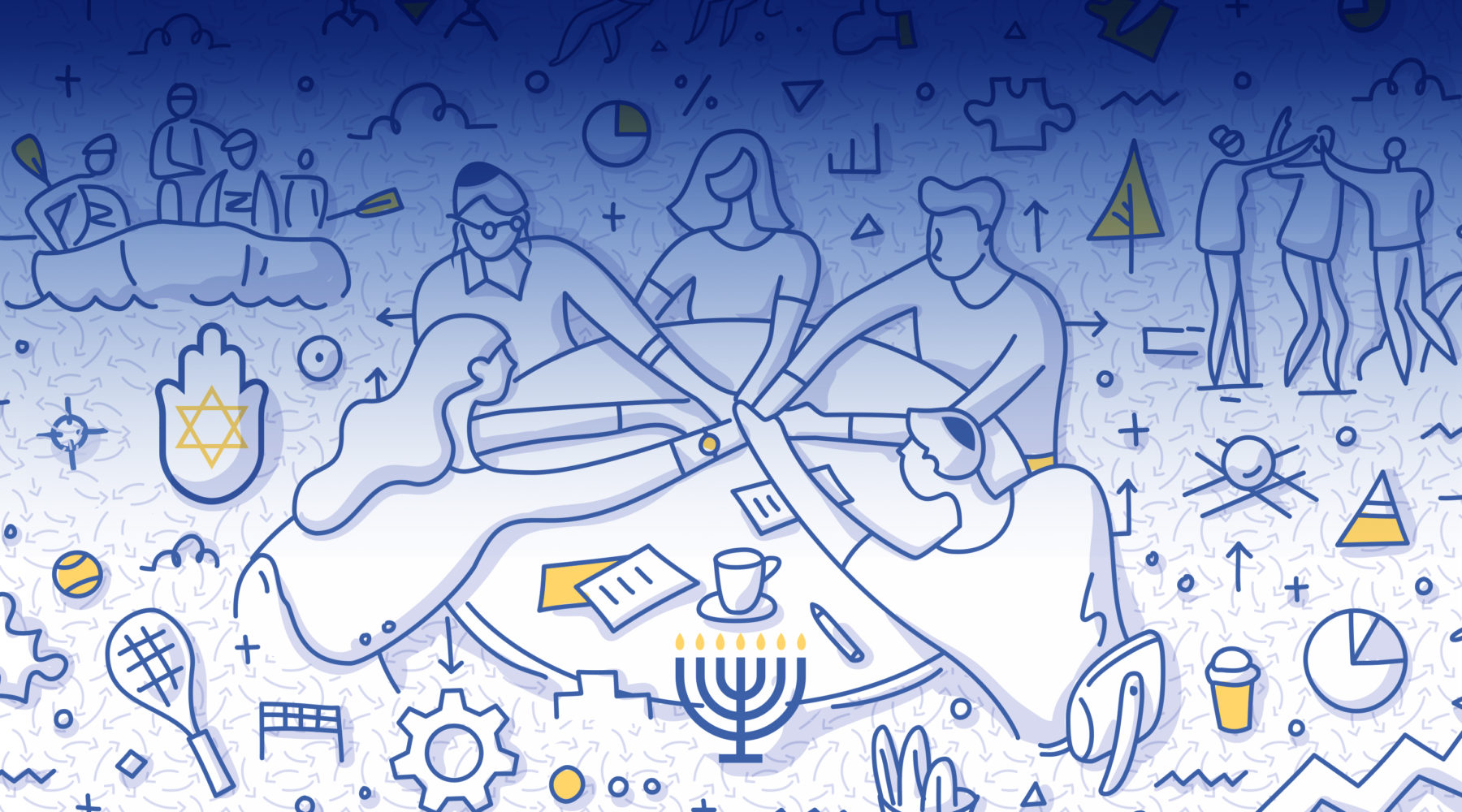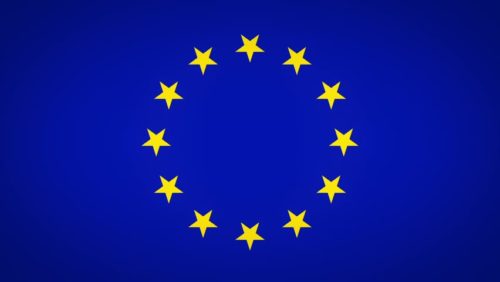In this activity you will find more information on the importance of defining antisemitism. You will look at how the IHRA definition helps governments, organisations, and individuals in their efforts to recognise and combat antisemitism.
Please, if you want to learn more about the IHRA definition and the other definitions of antisemitism, contact us to have access to other pedagogical resources: estelle.cincinatis@ceji.org or stephanie.lecesne@ceji.org
Welcome to the online module ‘IHRA definition: context, importance and challenges’
Every form of hatred has its particularities and is complex in its own way. Antisemitism has a long history in Europe and remains present in the modern day in different manifestations. Unmasking antisemitism requires coordinated responses across international organisations, national governments and civil society. In order to be effective, counter actions and prevention measures must be rooted in a common understanding of antisemitism.
Since 2016 the IHRA Working Definition of Antisemitism has been extensively used and adopted across the world. Adopted in 2016 at the IHRA Bucharest Plenary under the Romanian Presidency, it has since helped guide countless governments, organisations, and individuals in their efforts to identify antisemitism. The European Council, the European Commission, and the European Parliament have also endorsed the definition.
In September 2020, Vice-President Schinas, in his key-note speech at the online conference “Working together to fight antisemitism in Europe: Structures and strategies for a holistic approach” said, ‘you can’t fight what you can’t define.’
Like every other definition, the IHRA definition comes with some challenges and limitations. In this module, we will explore the key elements of the IHRA definition.
We will reflect together on the use of this definition and how we can make the most out of it to unmask, counter and prevent antisemitism.
Learning objectives of the module
The NOA project aims to equip educators from a variety of sectors with training and teaching tools that effectively counter antisemitic prejudice. In the online activities, you will have the opportunity to:
- Understand the context, needs and historical events that lead to the creation of the IHRA Working Definition of Antisemitism and other definitions of antisemitism;
- Analyse one by one the key elements of the IHRA Working Definition of Antisemitism;
- Connect the definition to the work of the EU institutions and appreciate the importance of the IHRA Working Definition of Antisemitism in the context of the EU Strategy on combating antisemitism and fostering Jewish life;
- Recognise, analyse and get equipped to respond to the challenges in the application of the IHRA Working Definition of Antisemitism.
Throughout the module, you will work with selected case studies and interactive online activities such as video presentations and quizzes.
Let’s start your learning journey through the IHRA definition right below.
Enjoy the module!
Unpacking the IHRA Definition
The activity focuses on unpacking the IHRA definition by looking closely at its core elements. It draws attention to the relationship between the IHRA definition and the EU Framework Decision on Racism and Xenophobia, along with the OSCE-ODIHR definition of hate crime and other key international standards. Quizzes, videos, and interactive activities will help you gaining a better understanding of antisemitism. You will have the opportunity to explore real case studies to understand the current manifestations of antisemitism.
Challenges & Applications
The third part of the activity clarifies how the IHRA definition can help Member States in recognising and responding to antisemitic hate crimes and incidents. Antisemitism affect us all and responding to it should be a shared responsibility. By looking into the resources produced by the Facing Facts project, you will get an overview of the different actors and stakeholders involved in putting forward responses to the problem of antisemitism. You will discover and explore how the IHRA definition can best support the work of all those involved in the fight against antisemitism.
Besides the online and downloadable resources, a new and improved Overcoming Antisemitism Training Manual was produced in 2021 addressing the most pressing pedagogical challenges faced today. The trainings – due to happen in the first months of 2022, will be implemented in English and French for a new cohort of 36 trainers who will lead workshops with 1,000 people within the framework of the NOA project and remain an anti-bias resource across Europe for the long-term.
For more information about the Train-the-Trainer events and other opportunities, send an email to: robin.sclafani@ceji.org or subscribe to the NOA mailing list.


 NOA is co-funded by the Rights, Equality and Citizenship Programme (2014-2020) of the European Union
NOA is co-funded by the Rights, Equality and Citizenship Programme (2014-2020) of the European Union